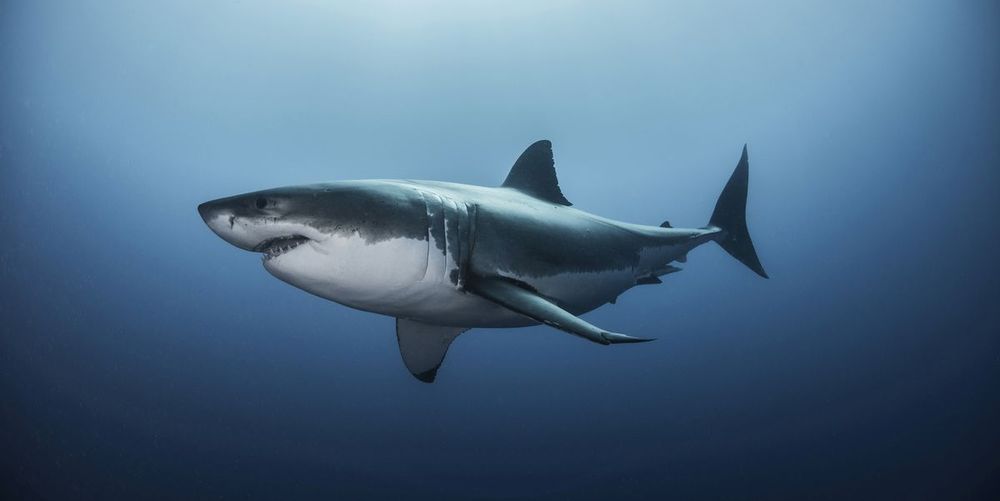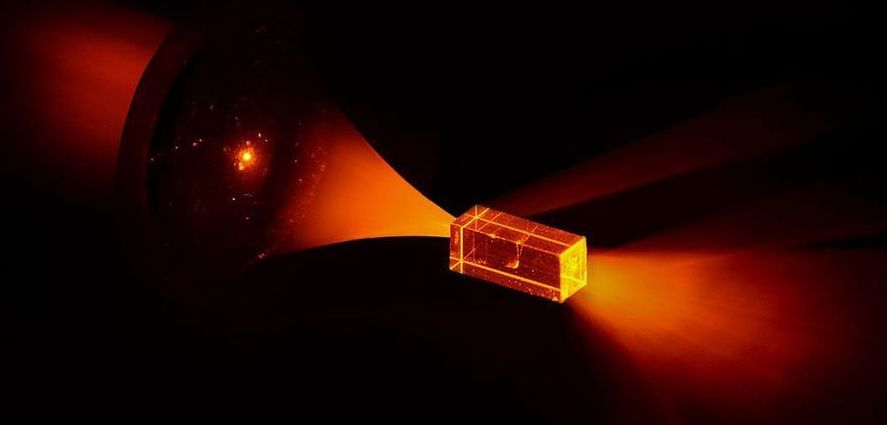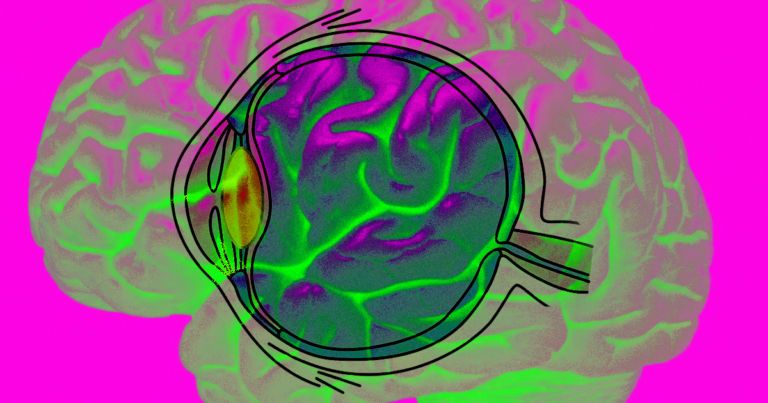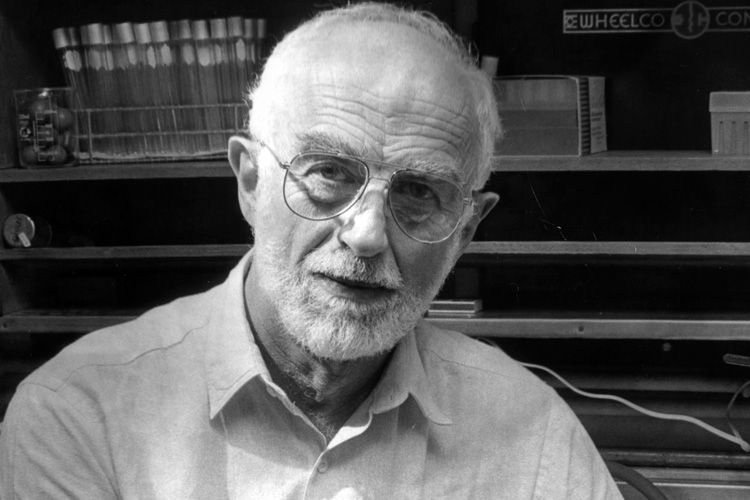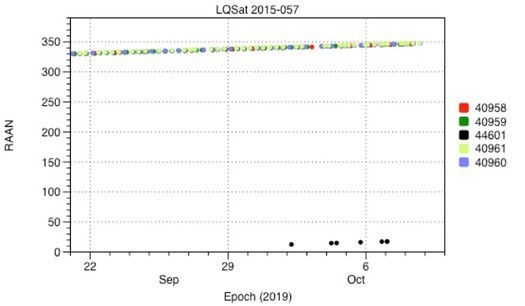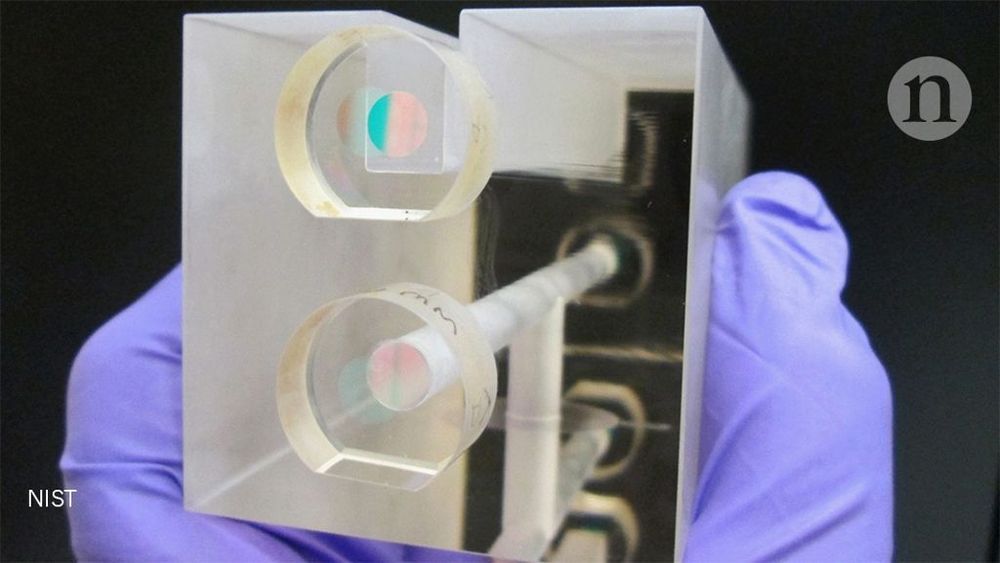Sharks are at the top of the marine food chain for a reason. Their massive size along with a dazzling row of extra-sharp teeth make them the fiercest hunters in our oceans. But it turns out that the shark’s aquatic dominance reaches down into its very DNA, and through its mutations, sharks could teach us how to fight our most deadly affliction—cancer.
This isn’t the first evidence that mutations can prove beneficial for disease resistance and long-term survival. High bone density, a hemoglobin that boosts malaria resistance, and a third retinal cone that improves color vision are some human examples. But new gene mapping conducted by scientists at the Save Our Seas Foundation Shark Research Center at Florida’s Nova Southeastern University, the Guy Harvey Research Institute, and the Cornell University College of Veterinary Medicine shows that sharks have developed genomic adaptations that repair damaged DNA, effectively protecting them against cancer and other diseases.
